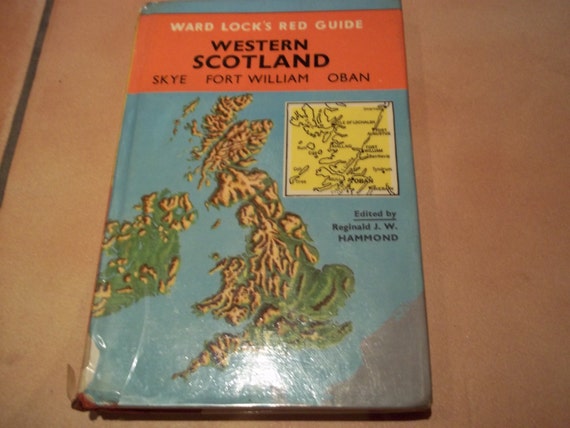‘The Maggie’ (1954) is a
well loved Ealing film, a gentle comedy set on the waterways around the west
coast of Scotland Glasgow Marshall Marshall
As I have mentioned before,
most recently in my post about ‘The Man in the White Suit’, I often detect a
hint of political commentary in the Ealing comedies. In ‘The Maggie’ I think that the key to the
commentary lies in the name of the wealthy American – Marshall. At this point
in the mid 1950s, Marshall Aid would still have been a relevant topic. This
pumping of United
States Europe aimed to put us back on our feet economically – the ultimate
capitalist plan to prevent communist revolution or further war. Britain Marshall
The big mistake that
Donovan Marshall makes is to leave the arrangements for the transportation of
his goods to an Englishman in a bowler hat.
It is he that messes up what should be a simple task of distributing the
goods to their intended destination. He fails to make the proper checks and is
panicked into giving the shipping contract to the wrong sort of people. Does this translate into dissatisfaction with
how the Westminster Germany UK UK
One scene in the film which
really caught my eye was close to the end, when Mr Marshall’s cargo is
jettisoned in order to save The Maggie from sinking. There is a lingering shot
of a crate sinking to the sea bed. A drop in the ocean is the phrase that came
to mind. An opinion that we just didn’t
receive enough?
At the close of the film, Marshall US Britain
None of this proves anything;
it is all my own conjecture. But I find
the possibility that such a gentle film as The Maggie could be making such a
political comment fascinating. This is a
subtlety which is definitely lacking in modern media.
 |
| http://www.etsy.com/uk/listing/178258325/vintage-red-guide-to-western-scotland?ref=shop_home_active_5 |